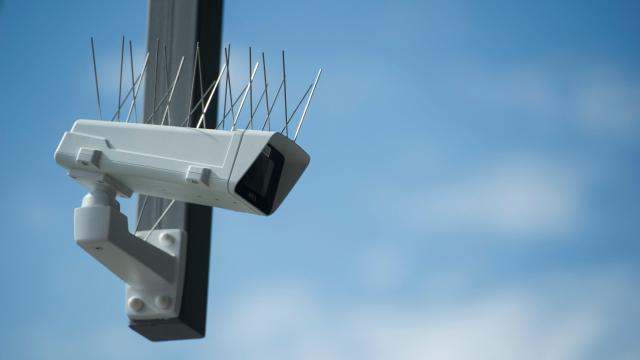On Wednesday, the Oakland City Council in California voted unanimously to ban the use of facial recognition technology by the city, including its police force. It’s the third ban of the tech by a U.S. city since May.
San Francisco was the first to ban city use of facial recognition tech, followed by Somerville, Massachusetts. Now, Oakland joins what is shaping up to be a trend in more sweeping regulation of a technology thus far proven to be oftentimes unjustly deployed, inaccurate and biased.
The ordinance, written by Oakland’s Privacy Advisory Commission and sponsored by Councilwoman Rebecca Kaplan, bans the city and any of its staff from obtaining, retaining, requesting, accessing, or using face recognition technology or any information gleaned from this tech.
“I really believe facial recognition is the most dangerous technology developed in my lifetime,” Brian Hofer, the chair of the city’s Privacy Advisory Commission, told the San Francisco Chronicle. “With cameras already everywhere, the infrastructure is there. This would have been perfect mass surveillance and we would lose the right to be anonymous in public, to freely associate.”
Controversy over the U.S. use of face recognition tech has percolated into the national conversation this year, most recently due to its studies that found bias and inaccuracies in the technology’s results.
As such, these citywide bans are especially crucial given face recognition is still very much an emerging technology — we don’t yet know what the more insidious consequences of its widespread execution will look like, and in the absence of any meaningful regulation, it’s a powerful surveillance tool that can easily be exploited by law enforcement and other government entities globally.
It’s the lawless state of the technology and its subsequent abuses that have prompted digital rights activists to call for a “complete” federal ban on the technology altogether.
“We’re at a pivotal moment in human history,” Evan Greer, deputy director of nonprofit technology advocacy group Fight for the Future, told Gizmodo in July after the organisation launched a website calling on Americans to contact their state, local, and federal lawmakers to enact laws banning the government from using face recognition tech.
“Invasive surveillance technology like facial recognition is spreading extremely quickly. It’s being marketed as “˜convenient’ and for “˜public safety,’ but it’s putting us on a path to a totalitarian police state. Backlash to the spread of face surveillance is growing. But if we don’t act now, it will soon become ubiquitous, and then it could be too late.”
